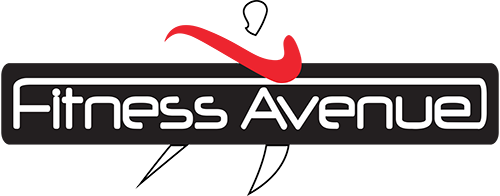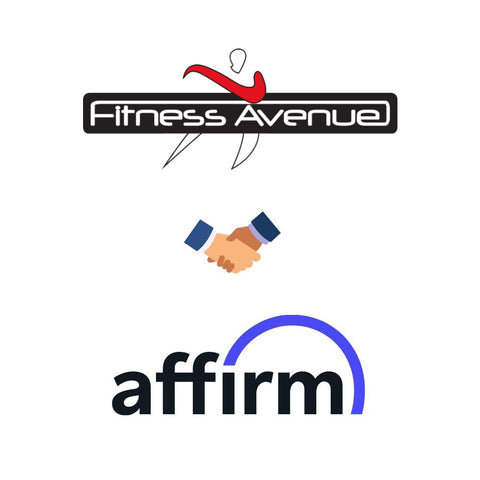3 products
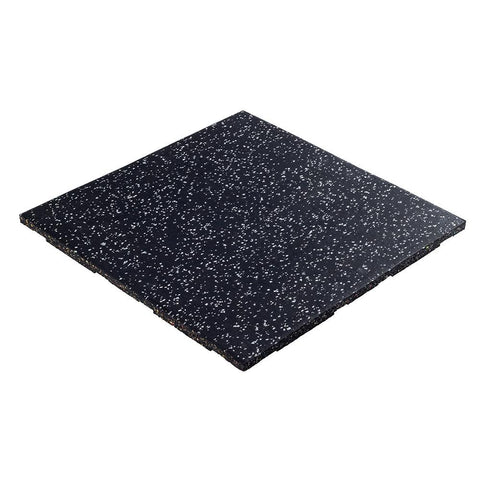
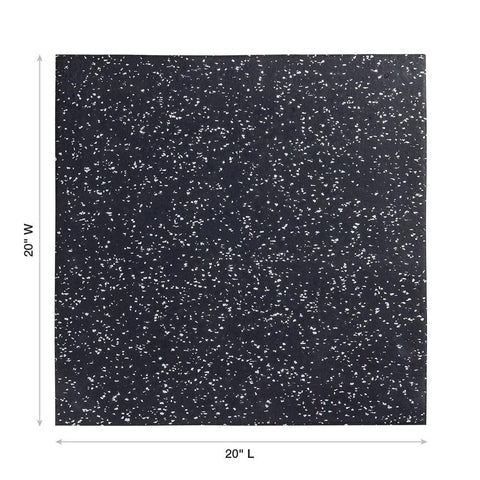
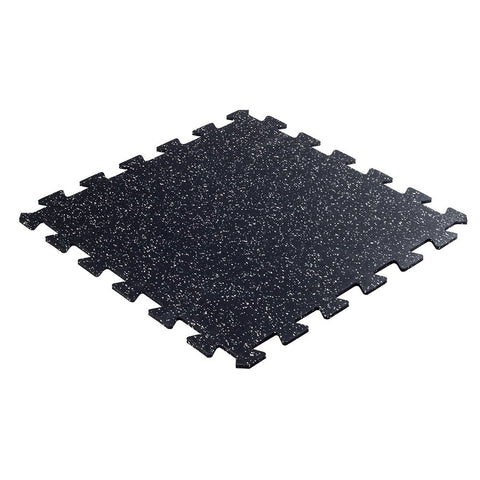
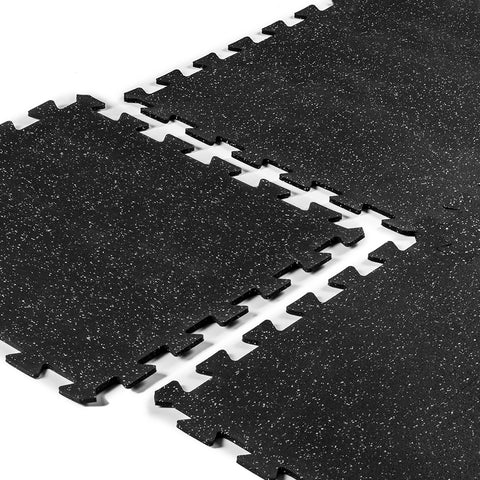
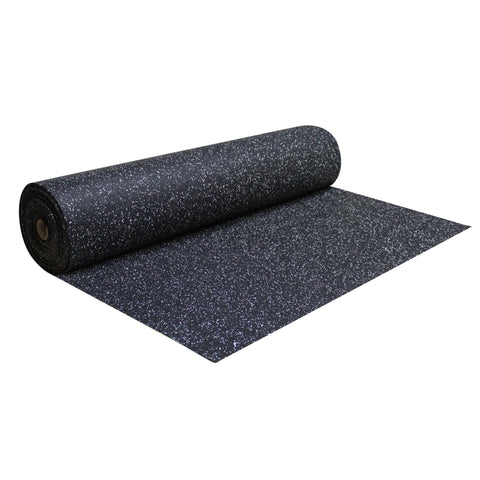
Affirm Financing
Affirm offers affordable between 3 - 36 monthly payments. From day one, you know how long and how much you'll pay because they never charge late or hidden fees. Financing is available on cart values of $300+.
Checking to prequalify won’t affect your credit.
